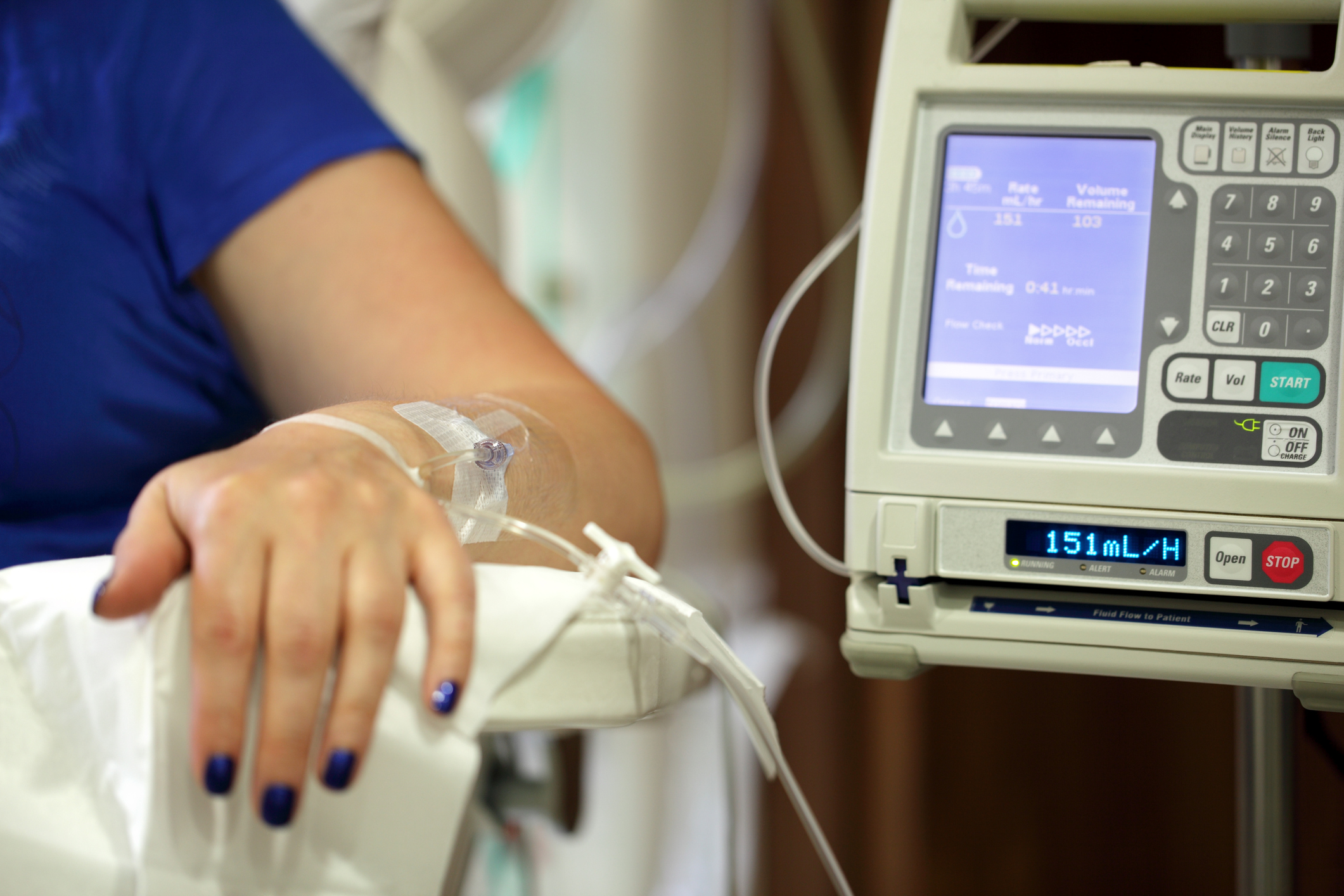
Health & Medicine
Caught! The cell behind a lung cancer

Physical activity is important for people with lung cancer, but it can be difficult for them to stay active; a new program aims to help
Published 26 November 2017
In Australia, lung cancer is one of the most common of all cancers and the leading cause of deaths from cancer.
And while the majority of people with operable lung cancer now survive, their quality of life is significantly diminished, with a third experiencing major impairments in their daily activities.

Most do not perform enough physical activity to meet the minimum recommended levels for health, and their physical ability and fitness decline during and after treatment. This is compounded by a lack of emphasis on staying physically active from doctors and other healthcare professionals.
But there is now good quality evidence that physical activity after lung cancer surgery leads to improvements in fitness, relief from symptoms (including fatigue, breathlessness, and depression), improved muscle strength and increased quality of life.

Health & Medicine
Caught! The cell behind a lung cancer
So, to improve lung cancer patients’ physical function and, ultimately, their quality of life, we are running a world first clinical trial of a new physical activity and self-management program.
Guidelines recommend people with cancer perform 150 minutes of moderate intensity aerobic physical activity (for example brisk walking or stationary cycling) and 2 to 3 resistance sessions - that’s muscle strengthening exercises - each week.
But people with lung cancer often experience fatigue, coughing and breathlessness, making it hard to keep up their daily activities. Fear of exercising, lack of knowledge of how to exercise, lack of confidence and lack of support are also common barriers.
Moreover, health professionals find it difficult to give their patients the right advice about staying active, either due to a lack of knowledge, lack of time during consultations (when they may need to be discussing treatments such as surgery and chemotherapy), and lack of access to exercise programs to refer their patients.
Access to allied health professionals, such as physiotherapists, who are trained to provide such advice is limited. Unfortunately exercise programs, such as oncology rehabilitation, are rare and not consistently part of the standard model of care in Australia or elsewhere.

As a result, only 40 per cent of people with lung cancer meet the recommended amount of physical activity at diagnosis, 26 per cent during treatment and 31 per cent six months later. It is common to lose fitness and muscle strength quite quickly after diagnosis.
Our new program combines the benefits of physical activity with behavioural change strategies, to help people with lung cancer stay active throughout their treatment and recovery from surgery. Over the next 18 months, 120 people with lung cancer within the Victorian Comprehensive Cancer Centre precinct will be trialling it.

Health & Medicine
Genes, numbers and the holy grail of cancer prevention
They will be working with a physiotherapist in the weeks and months following their surgery to support their recovery and work towards meeting the recommended levels of physical activity. Exercises involve aerobic exercises like walking and resistance exercises (muscle strengthening), building towards recovery and return to usual daily activities as soon as possible after surgery. These are exercises they can implement themselves at home.
The program also involves behavioural change strategies like coaching and wearing activity monitors to help tstau active even at times when this can be difficult.
The program is designed to be accessible to people living in regional and rural areas, and be low cost. If it is shown to be effective (both for patient outcomes and cost-effective), it could be rolled out in Australia and worldwide to significantly improve the survivorship care for patients with lung cancer.
Dr Catherine Granger is leading this trial, as part of her fellowship from the Victorian Cancer Agency. She was recently named the 2017 Victorian Tall Poppy of the Year by the Australian Institute of Policy and Science, which recognises the achievements of Australia’s outstanding young scientific researchers and communicators. As part of receiving this award, Dr Granger will participate in community education and outreach programs to inspire school students and the broader community about the possibilities of science. Earlier this year, she was also awarded the inaugural Victorian Cancer Agency Allied Health and Nursing Clinical Research Fellowship to continue this research.
Banner image: Pexels